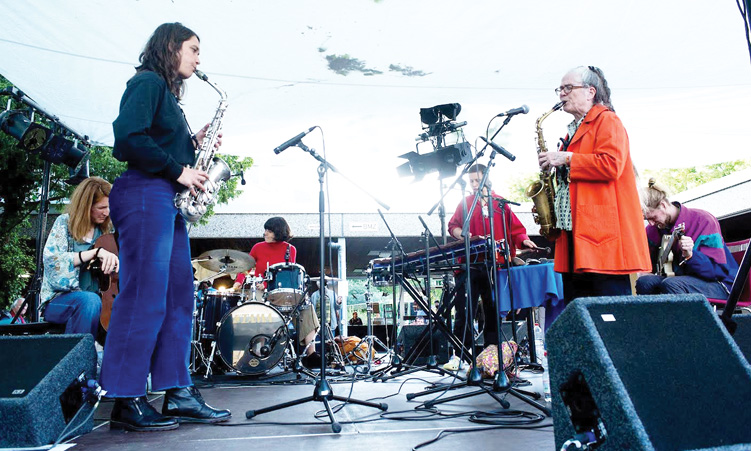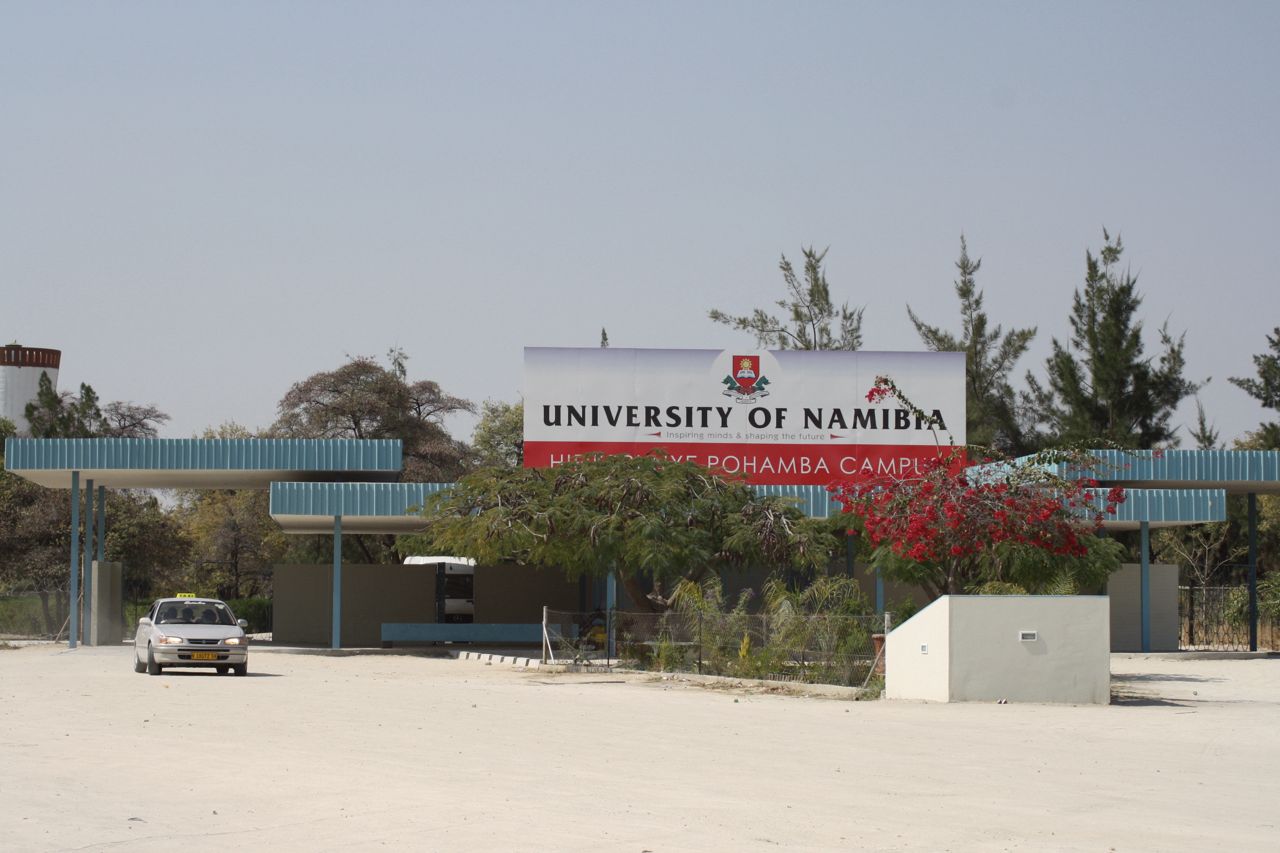A number of Namibian musicians are set to perform at the Moers Festival in Germany this weekend.
This year the festival will focus on the Namibian genocide and the country’s legacy of colonialism, with performances by Eslon Hindundu, Jackson Wahengo, Angelina Tashiya Akawa, Shishani and Vilho Nuumbala.
The festival, birthed in 1972 with evolutionary music synonymous with liberation, also hopes to feature the San group Ju’ /Hoansi.
Artistic director Tim Isfort told The Namibian the festival originates from a student movement and student revolts in 1968.
“This motivation gave rise to the Moers Festival. The music that was played there rebelled against existing conventions. Until today, this idea is still part of the Moers Festival, and it is not simply a matter of consuming a concert or several concerts. Over the years, for a certain audience, Moers has become a sort of ‘way of life’. I believe that there are hardly any other festivals in the world that offer their audiences such a wide range of content and send them on a musical journey of discovery.”
NAMIBIAN FOCUS
Isfort said the festival hopes to draw attention to the 1904-08 genocide, a topic that has still largely not been dealt with in Germany.
“We cannot deal with the terrible history of genocide on behalf of our country. It was only three years ago that the German government officially apologised. Reparations payments have not yet been promised at all.”
He said the festival will thus focus on Namibia to try to make the German public more aware of the genocide through commissioning Hindundu to compose a piece of music explicitly dealing with the genocide of the Herero and the Nama in the opera, ‘Chief Hijangua’.
“We are now looking forward to his new work, ‘Oumwe’. But Wahengo, Akawa, Shishani and Nuumbala also represent very different facets of the Namibian music scene. We want to reflect this within the scope of our possibilities.”
The Ju’/Hoansi invitation aims to create a musical adventure with the Peruvian bassist Laura Robles and the Berlin drummer Daniel Schröteler.
“The current granting of visas for the nine San shows us that structural racism and post-colonial structures are still present today. I am ashamed of what these people have been subjected to in the process of being granted their visas. To this day, it is still not certain whether the Ju’/Hoansi will get their visas in time. I would be incredibly happy to welcome the San, whom I visited in February, to Moers,” he said.
In addition to seven concerts, there will also be discussion and storytelling formats. The organisers have also succeeded in bringing part of the ‘Stolen Moments: Namibian Music History Untold’ exhibition to Moers.
The exhibition focuses on the suppression of Namibian music from the 1950s to the 1980s during the Swapo era.
Isfort said it is a tradition for the festival to showcase various musical traditions.
“In the 80s, long before YouTube existed, you could experience Japanese or South Korean music in Moers. And the artists also played together with other international festival musicians,” Isfort said.
Two years ago, an Ethiopian vocal group “improvised” together with artificial intelligence and this year, several Namibian musicians will be meeting other musicians at the festival, he said.
“I find it exciting to experience what new and unheard music can be created through musical courage and daring.”
Stay informed with The Namibian – your source for credible journalism. Get in-depth reporting and opinions for
only N$85 a month. Invest in journalism, invest in democracy –
Subscribe Now!










